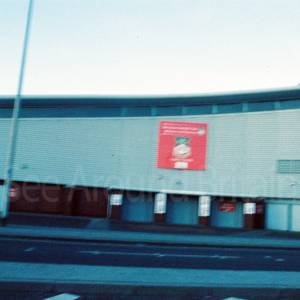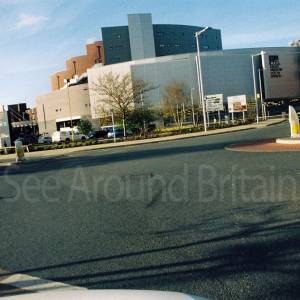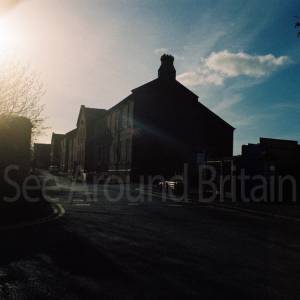Wrexham, the largest town, and now a city, in the north of Wales
Details
Accessibility
Wrexham Town Centre has disabled parking available around the town centre. Accessible footpaths and the majority of shops are effectively inclusive as well as supporting those with mobility needs to access these services. Clear signs are displayed around town and essential buildings, such as the Library and the Visitor Centre hold specialist knowledge to support accessibility.
Brief description
Wrexham is a county and is the largest town, and now a city, in the north of Wales. It is situated alongside the border with England. It has a population of approximately 149,000.
https://en.wikipedia.org/wiki/Wrexham
"Wrexham (/ˈrɛksəm/ REK-səm; Welsh: Wrecsam [ˈrɛksam]) is a city[a] and the administrative centre of Wrexham County Borough in Wales. It is located between the Welsh mountains and the lower Dee Valley, near the border with Cheshire in England. Historically in the county of Denbighshire, and later the county of Clwyd in 1974, it has been the principal settlement of Wrexham County Borough since 1996.
Wrexham has historically been one of the primary settlements of Wales.[6] At the 2011 Census, it had an urban population of 61,603[b][2] as part of the wider Wrexham built-up area which made it Wales's fourth largest urban conurbation and the largest in north Wales. The city comprises the local government communities of Acton, Caia Park, Offa and Rhosddu. Wrexham's built-up area extends further into villages like Bradley, Brymbo, Brynteg, Gwersyllt, New Broughton, Pentre Broughton and Rhostyllen.
Wrexham was likely founded prior to the 11th century and developed in the Middle Ages as a regional centre for trade and administration.[7] The city became the most populous settlement in Wales in the 17th century[8][6] and was at the forefront of the Industrial Revolution from the 18th century. Prior to de-industrialisation in the 20th century, the city and surrounding area were a hub of coal and lead mining; the production of iron, steel and leather; and brewing.[9]
Today, Wrexham continues to serve north Wales and the Welsh borderlands as a centre for manufacturing, retail, education and administration. The city is noted for hosting Wrexham A.F.C. (one of the oldest professional football teams in the world); the nationally significant industrial heritage of the Clywedog Valley; the National Trust Property of Erddig; and the fine Tudor church of St Giles, which towers over the historic Wrexham city centre.
The Welsh Government has acquired key sites to form part of the Wrexham Gateway Project to redevelop the Kop stand at the Racecourse Ground and upgrade the transportation network to support the upgrade in the sport and event facility.[113] Work is expected to begin before June 2023 on the redevelopment of a new 5,500 seater stand at Wrexham AFC in time for the 2024/2025 season.[114]
£5.4 million funding has been agreed for the redevelopment of the Wrexham Museum that will integrate a Welsh Football Museum, which has been dubbed a museum of two halves. The football museum will have a number of themes including Welsh language communities, fan culture, Black, Asian and Minority Ethnic communities and LGBTQ+ experiences.[115]
A health and wellbeing complex at Coleg Cambria is expected to be built by summer 2024 at a cost of £14 million.[116] "
Address
Wrexham,
North Wales
United Kingdom.
Phone
01978 292000
Website
www.wrecsam.gov.uk and https://en.wikipedia.org/wiki/Wrexham
https://www.bbc.co.uk/news/articles/cpvrr0zgjzno
https://www.bbc.co.uk/news/articles/cx2yjl3vq85o
https://www.bbc.co.uk/news/articles/cj3l0nzzm2mo
https://www.bbc.co.uk/news/articles/cjdyxl39ng8o
Directions
From the South, take the A483. From the North, take the M56, and then take the A483.
Opening Times
Always check with the venue directly for up-to-date information including opening times and admission charges as they may be subject to change
Transport
Buses, taxis and the train station are accessible across Wrexham. Wrexham General train station is a 10 minute walk from Wrexham Town Centre.
Amenities
Travel Information
For further travel information in Wales please see: www.traveline.cymru/travel-info
Or call Traveline Cymru on 0800 464 0000











